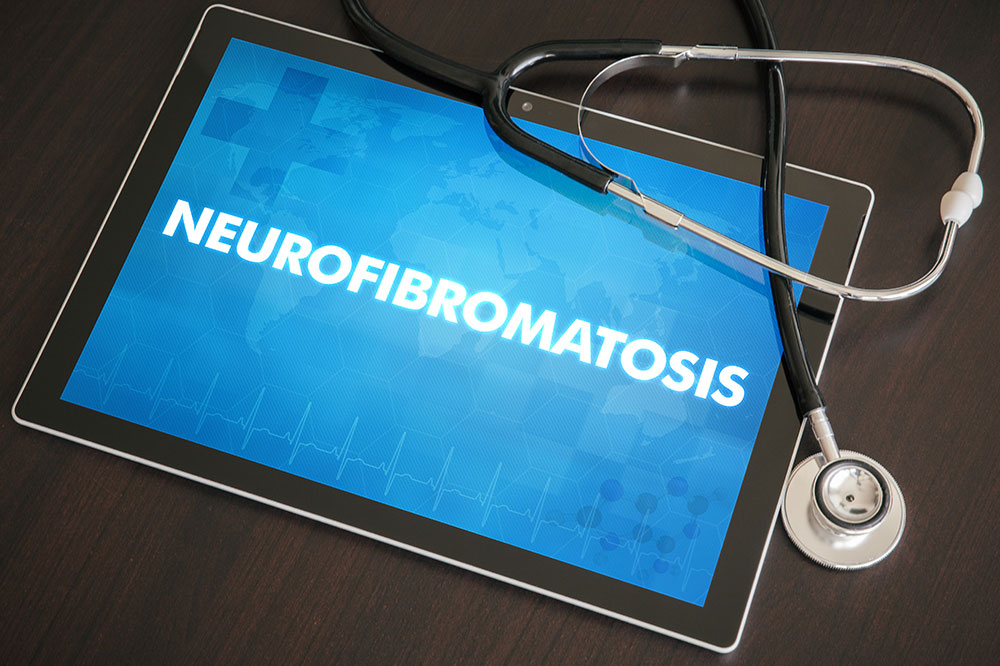Doctor-recommended treatments for neurofibromatosis

Neurofibromatosis is a genetic disorder of the nervous system that leads to the growth of tumors on the nerve tissues. There are two types of the condition: Neurofibromatosis type 1 (NF1) – the more common type, and neurofibromatosis type 2 (NF2). Each type carries its unique symptoms. Therefore, the treatments to help manage the condition also differ. Here are some of the preferred treatment methods.
KOSELUGO® (selumetinib)
Doctors prefer KOSELUGO® (selumetinib) – the only FDA-approved prescription medicine – to treat children affected by plexiform neurofibroma. There are ongoing clinical trials to introduce similar drugs, both for kids and adults.
Medications for pain
As part of the treatment plan for Schwannomatosis – a rare genetic disorder that results in tumors – a doctor may recommend select medications. The following medications help manage any pain related to the condition.
- Amitriptyline, which is a tricyclic antidepressant
- Gabapentin (Neurontin, Gralise, Horizant) or pregabalin (Lyrica) to manage nerve pain
- Medications for Epilepsy like topiramate (Topamax, Qudexy XR, Trokendi XR) or carbamazepine (Carbatrol and Tegretol)
- Duloxetine (Cymbalta, Drizalma Sprinkle), a serotonin and norepinephrine reuptake inhibitor (SNRI)
Surgery for tumor removal
People affected by NF2 may experience brainstem compression or tumor growth. This can even result in hearing loss. Such developments can compress nearby tissue or damage the organs. So to treat the symptoms, a doctor may recommend surgery to remove the acoustic neuromas that may be causing the problem. Further, one must understand that removing the schwannomas completely from people affected by Schwannomatosis helps significantly reduce pain.
Stereotactic radiosurgery
Stereotactic radiosurgery is a treatment method recommended by doctors for patients with NF2. The procedure transmits radiation directly to the tumor without any incision. Undergoing this procedure over others may also help prevent the loss of hearing.
Auditory brainstem implants and cochlear implants
For people with symptoms of NF2 and hearing loss, auditory brainstem implants and cochlear implants are preferred. These implants are known to improve the individual’s hearing capability.
Treatment for cancer
Neurofibromatosis can also cause symptoms like malignant tumors, among other harmful cancers. These symptoms are treated via standard cancer therapies such as chemotherapy and radiation therapy. However, we must keep in mind that diagnosing and treating the symptoms at an early stage can give a better outcome.



